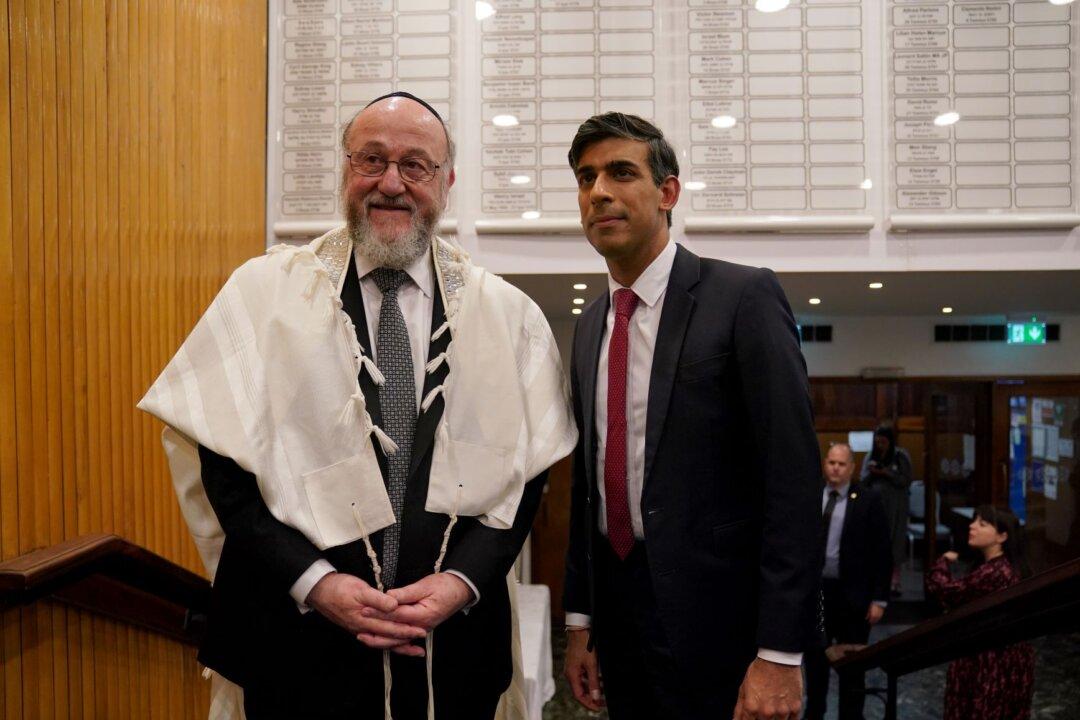A diverse group of journalists, artists, activists, and academics have united to denounce escalating international censorship in a new document addressed to the prime minister, called the “Westminster Declaration.”
Concerned about labelling protected speech as “misinformation” and “disinformation,” the coalition, which features 136 signatories, includes high profile names such as Julian Assange, Jordan Peterson, and Edward Snowden, and it warns of increasing suppression of voices worldwide.





